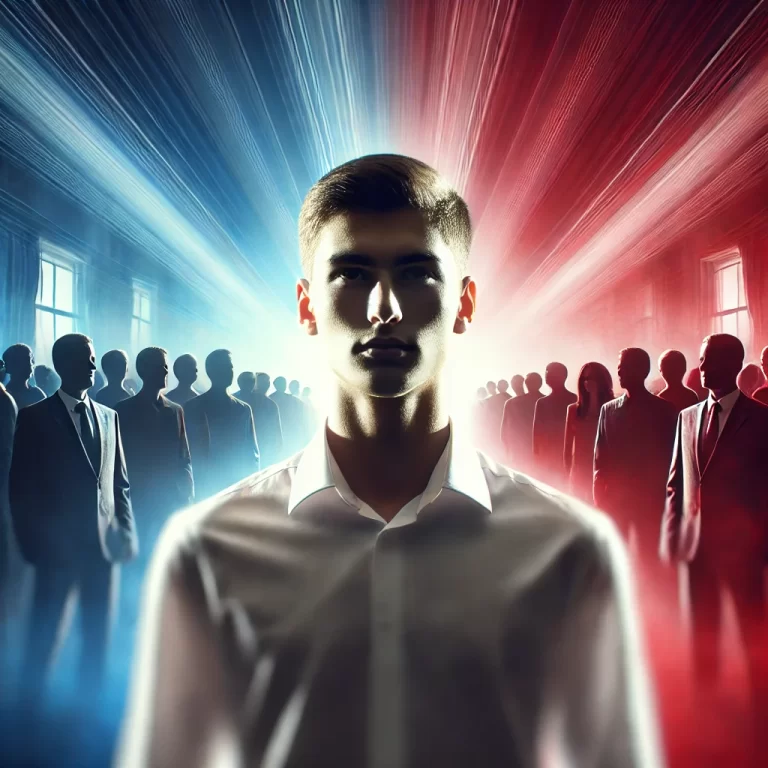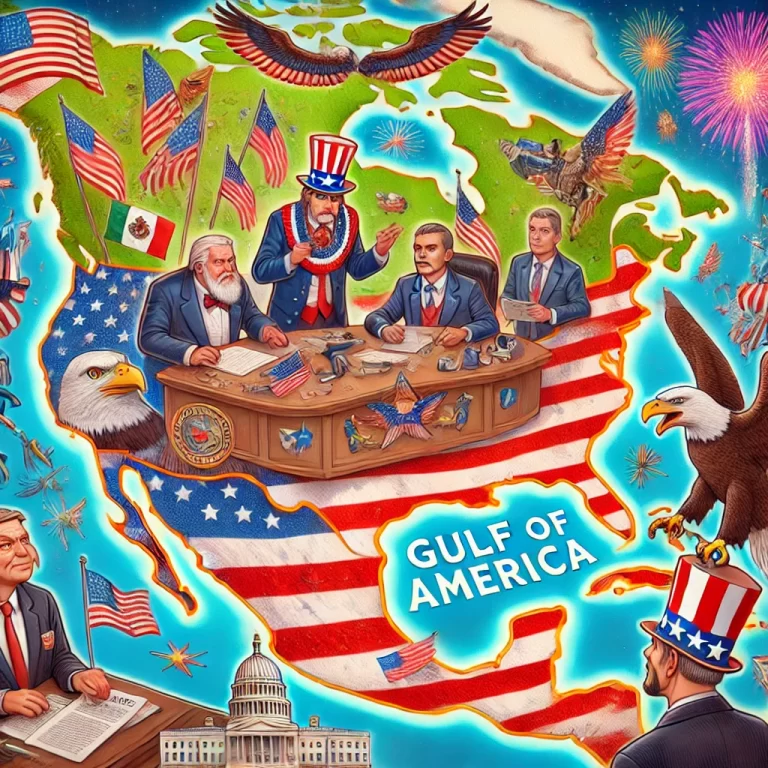Here’s the deal. This past month, with the shift from a liberal government to a more conservative one, I’ve noticed something fascinating. People are waking up. They’re starting to see their elected officials through a sharper lens. But here’s the kicker: we should apply that same energy to our personal relationships.
Here’s the truth: we hold the people we don’t like accountable way more than the ones we do like. Think about it. We scrutinize the politicians we didn’t vote for while giving the ones we did a free pass. Imagine if we flipped that script. What if we held the people we admire — our friends, family, and leaders, to the same standard we hold our critics?
Look at politics for a second. During Biden’s presidency, his supporters had excuses for everything… inflation? “Oh, it takes time.” Gas prices? “It’s Trump’s fault.” And on and on. But now that Trump’s back in power, liberals are screaming, “Why aren’t egg prices down yet? Why is gas still high?” Come on. We all know it takes more than a week to steer the massive ship that is the U.S. economy.
And let’s not forget executive orders. When Trump signs them, people tear them apart. But when Biden did the same thing? Crickets or maybe a half-hearted “Well, it’s complicated.” The hypocrisy is unreal.
And don’t get me wrong, Republicans do it too. It’s not just one side. But for some reason, in my circle, the loudest noise comes from liberals.
Here’s the side note you need to hear: just because someone votes differently doesn’t mean they’re evil. It means their experiences and perspectives are different. Most people don’t vote to make your life harder, they vote for the person they think will improve their life and community.
But here’s the punchline. No politician is going to save you. Not Biden, not Trump, not anyone. This world is self-rescue. YOU are the only one who can save you.
So what if we held our friends, our leaders, and the people we admire to the same high standard we hold our critics? Imagine the growth. Imagine how much stronger we’d all be.



